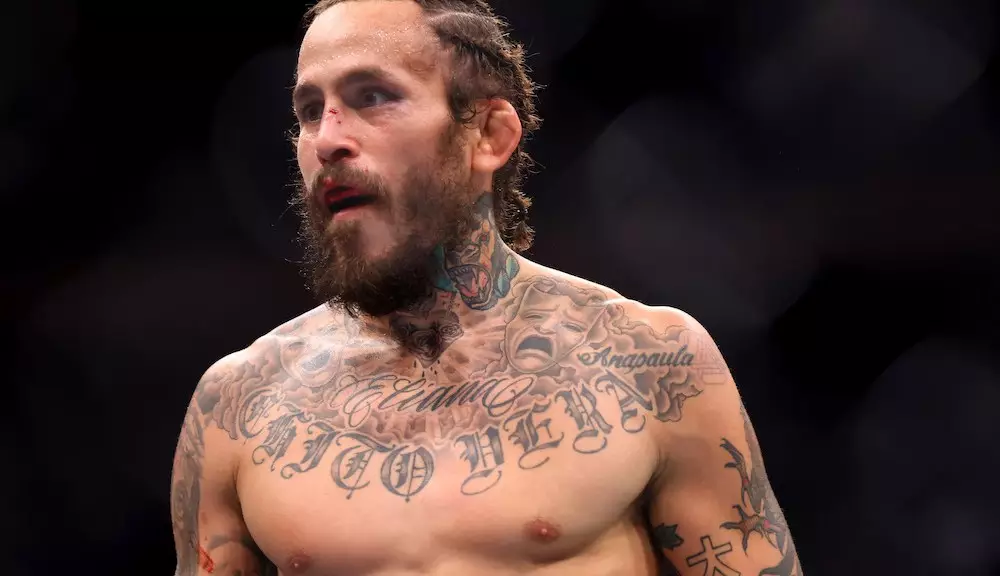Marlon Vera, a notable figure in the UFC bantamweight division, ignited a wave of confusion and debate with his recent social media remarks following UFC 306. With Merab Dvalishvili claiming the bantamweight title from defending champion Sean O’Malley, Vera’s tweet, which stated, “I call it the other way, but congrats Merab well fought,” sparked immediate backlash. Many fans misinterpreted his comments as a critique of the fight decision, prompting Vera to clarify his stance. This incident highlights the delicate nature of social media in the sports realm, where messages can be misconstrued and fan reactions can be instantaneous and intense.
In his efforts to address the uproar, Vera took to his YouTube channel to explain that his original tweet was not a reflection of the fight’s outcome but rather an admission of his pre-fight expectations. He noted that he believed O’Malley had the potential to win based on his size and power, as well as his previous defensive skills against wrestlers. Vera emphasized that he acknowledged Dvalishvili’s clear victory in the championship bout, illustrating the complexities of discussing fight strategies and outcomes on public platforms. This situation has drawn attention to how athletes must navigate their personal opinions while considering the audience’s interpretations.
Vera’s insights on the fight between Dvalishvili and O’Malley reveal critical strategic elements that contributed to the latter’s downfall. He pointed out how O’Malley’s inability to establish a rhythm or effectively counter Dvalishvili’s movement played a significant role in the fight’s outcome. Unlike past bouts where O’Malley faced challenges, he was unable to adapt to Dvalishvili’s unique style, marked by his unpredictable movements and relentless takedown attempts. Vera compared this situation to the famed bout between Conor McGregor and Chad Mendes, suggesting that a more aggressive approach might have yielded different results for O’Malley. In essence, Vera’s analysis underscores a vital aspect of mixed martial arts: the need for fighters to continuously evolve their strategies in response to their opponents’ tactics.
The aftermath of UFC 306 and Vera’s remarks signal a pivotal moment in the bantamweight division. With Dvalishvili’s victory, a new hierarchy is being established, and Vera, alongside other fighters, must carefully consider their own strategies and approaches moving forward. This situation also provides an opportunity for fighters to reflect on their communication within the sport. Misunderstandings like Vera’s illustrate the importance of clear dialogue in an era where social media plays an influential role in sports narratives.
Marlon Vera’s comments post-UFC 306 highlight both the intricacies of fighter strategies and the potential pitfalls of social media engagement. As the bantamweight landscape transforms, effective communication and adaptability will be paramount for fighters like Vera and O’Malley to thrive amidst the evolving competition.

